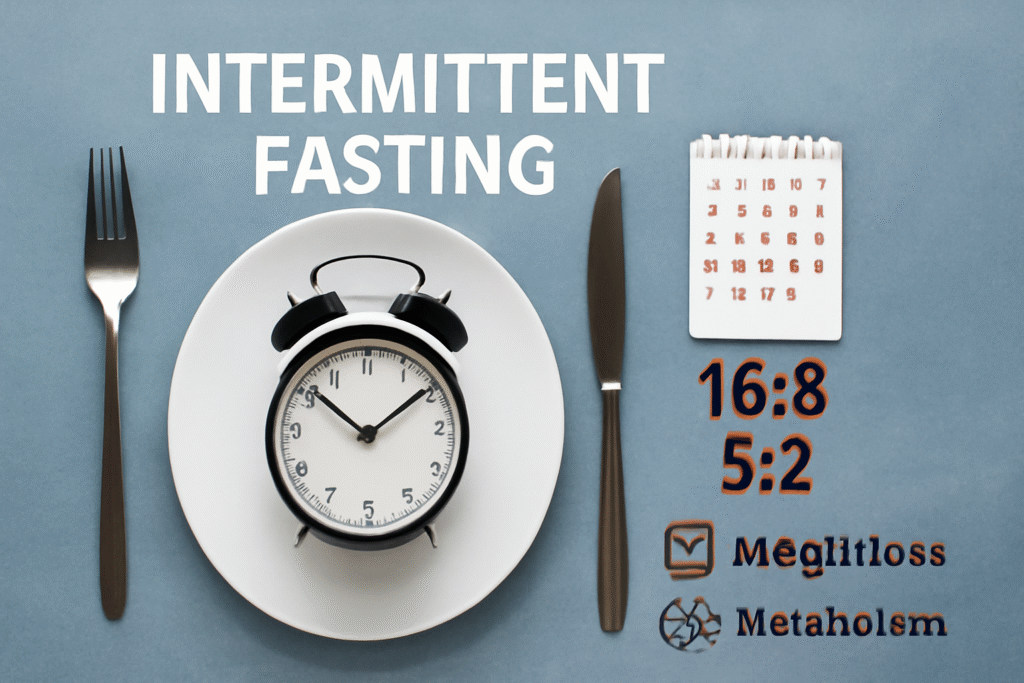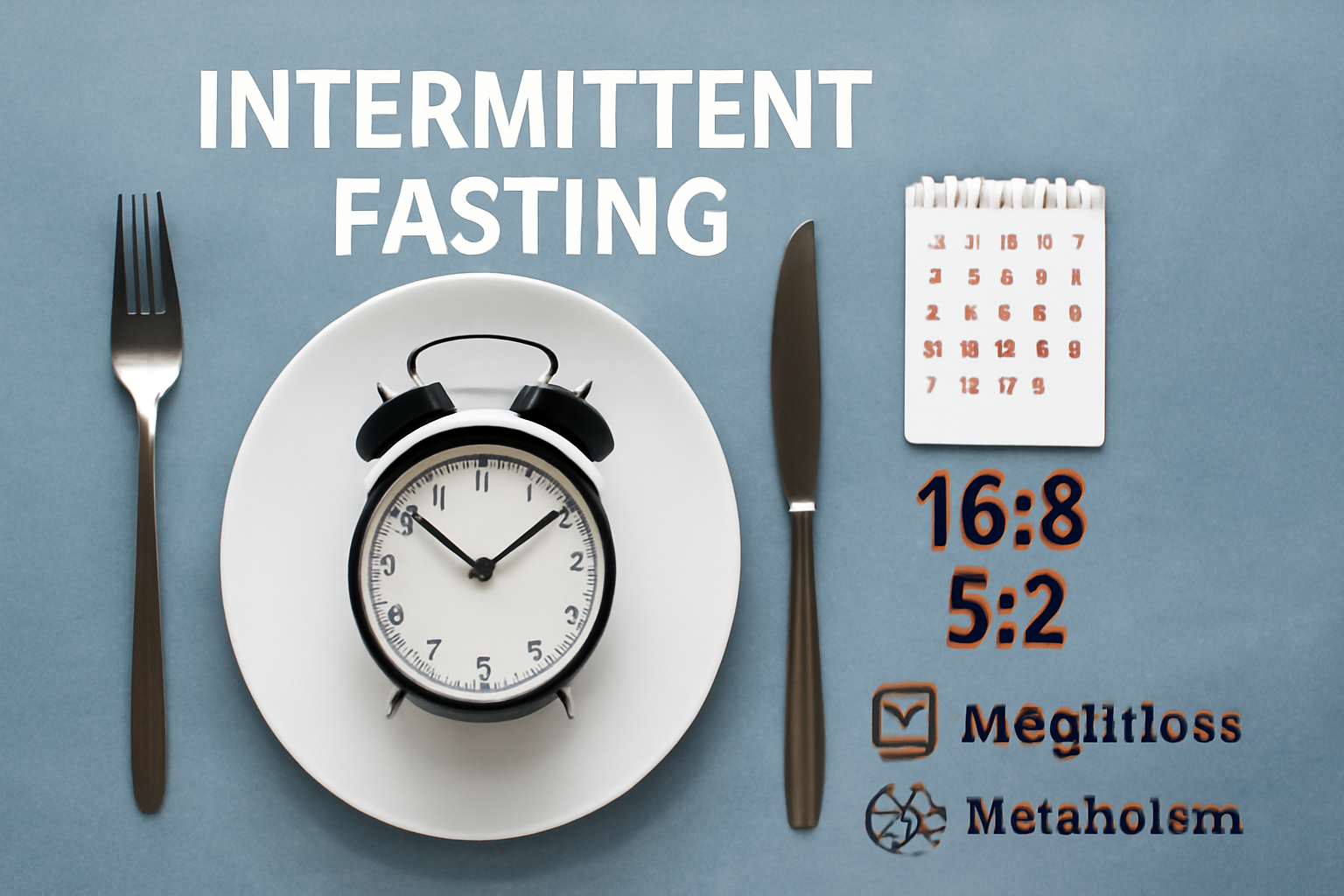Intermittent Fasting: How to Get Started and Stay Consistent

Intermittent Fasting: How to Get Started and Stay Consistent
Intermittent fasting is gaining attention as a powerful health strategy, focusing on the timing of meals instead of restricting specific foods. If you’re curious about giving it a try, here’s a simple and practical guide to help you get started—and stay on track.
What is Intermittent Fasting?
Intermittent fasting is a routine where you switch between periods of eating and not eating. It’s not about calorie restriction or cutting out food groups—it’s more about setting a window for when you eat during the day.
Popular IF Schedules:
- 16:8 Method – Fast for 16 hours and eat within an 8-hour window (e.g., 12 PM to 8 PM).
- With the 5:2 approach, you eat regularly for five days and reduce your calorie intake to around 500–600 on two non-consecutive days of the week.
- OMAD (One Meal a Day) – You eat one large meal during the day and fast the rest.
Benefits of Intermittent Fasting
- Helps with weight loss and fat burning
- May improve insulin sensitivity
- Supports better digestion and gut health
- Encourages a natural detox process
- Boosts focus and energy levels
How to Start Intermittent Fasting
Pick a Method That Fits Your Lifestyle
- Start with the 16:8 method—it’s the easiest for beginners and doesn’t require skipping entire days of eating.
- Ease Into It
- Don’t jump straight into long fasts. Begin by shortening your eating window gradually. Start with 12:12 and work your way toward 16:8.
- Stay Hydrated
- Drink plenty of water. Herbal teas, black coffee, and lemon water (without sugar) can also be part of your fasting hours.
- Break Your Fast Gently
- Don’t overload your body with heavy or greasy food. Start with a small, nutritious meal—like boiled eggs, nuts, or fruit—and follow it with a balanced meal later.
Avoid Overeating During Eating Windows
It can be tempting to binge during your eating hours. Stick to healthy, whole foods to get the best results.
Tips to Stay Consistent
- Create a Routine: Try to eat and fast at the same time every day.
- Get Enough Sleep: Poor sleep can make fasting harder and increase cravings.
- Keep Yourself Busy: Hunger usually comes in waves—stay active or distracted during tough fasting periods.
- Track Your Progress: Use apps or a journal to note how you feel and stay motivated.
Is Intermittent Fasting Safe for Everyone?
While intermittent fasting is generally safe for most healthy adults, it’s always best to consult your doctor before starting—especially if you have:
- Diabetes
- Low blood pressure
- A history of eating disorders
- Are pregnant or breastfeeding




